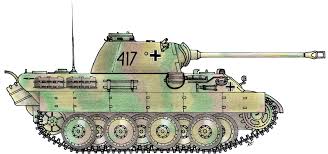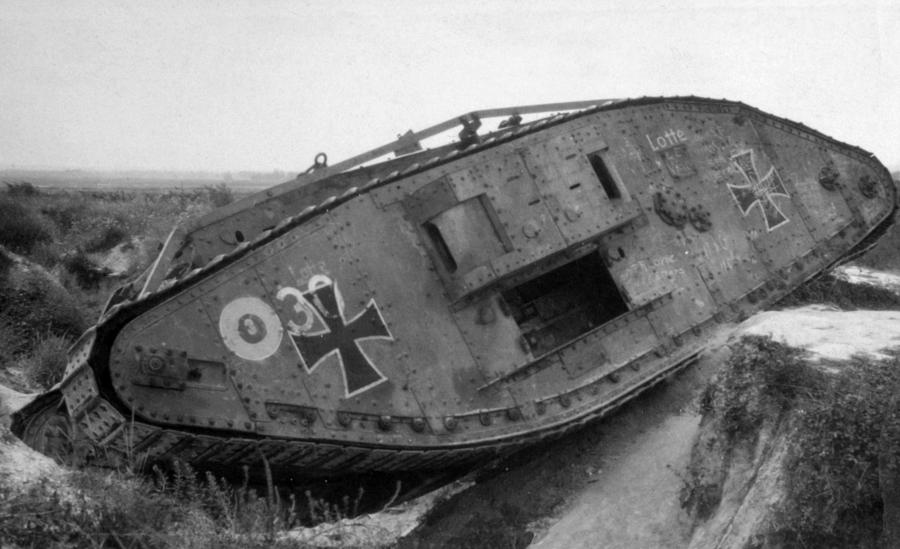
Allied troops were thoroughly trouncing the forces of Iraqi dictator Saddam Hussein, overrunning their positions and chasing them out of Kuwait, the small, oil-rich country Hussein’s army had invaded the previous August. In three epic encounters-dubbed 73 Easting, Medina Ridge, and Fright Night (officially known as the Battle of Norfolk)-armored behemoths from both sides relentlessly went muzzle-to-muzzle, turning the sprawling desert into history’s most concentrated tank shooting gallery.įor the millions of Americans who stayed glued to their TVs in late February 1991, the news coming from Kuwait was unrelentingly triumphant. This installment focuses on Early Years on the front, part II will focus more on the final year of trench warfare.Please be respectful of copyright.

This entry is part 2 of a 10-part series on World War I. I've gathered photographs of the Great War from dozens of collections, some digitized for the first time, to try to tell the story of the conflict, those caught up in it, and how much it affected the world. The stalemate on the Western Front lasted for four years, forcing the advancement of new technologies, bleeding the resources of the belligerent nations, and destroying the surrounding countryside. We also think of the frustrations of all involved: the seemingly simple goal, the incomprehensible difficulty of just moving forward, and the staggering numbers of men killed.

Scenes of frightened young men standing in knee-deep mud, awaiting the call to go "over the top", facing machine guns, barbed wire, mortars, bayonets, hand-to-hand battles, and more.

When we think of World War I, images of the bloody, muddy Western Front are generally what come to mind.


 0 kommentar(er)
0 kommentar(er)
